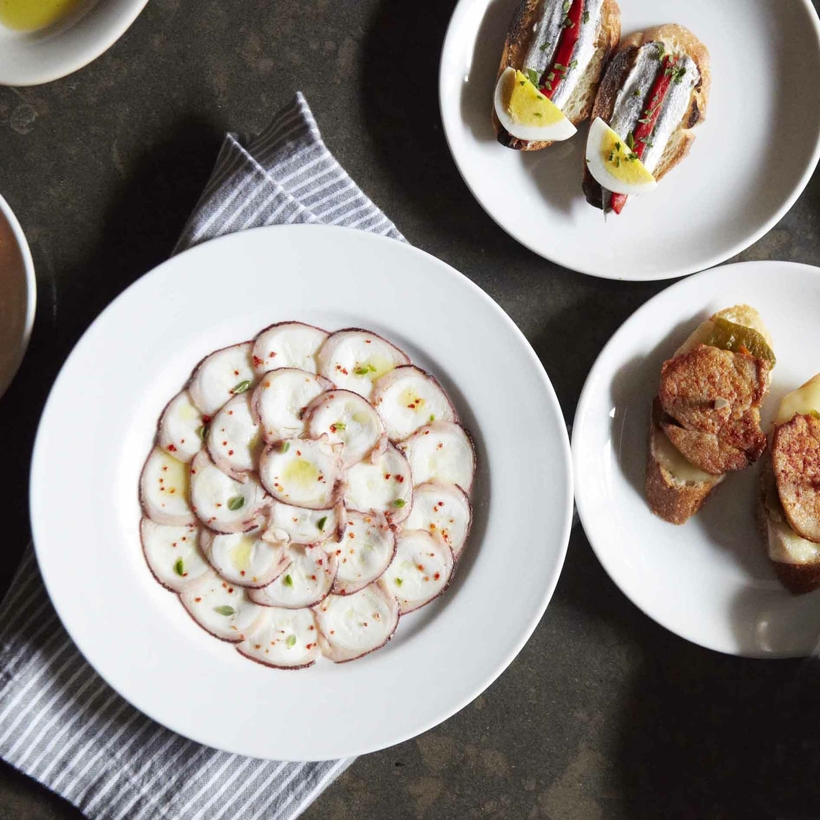On a recent Thursday evening in Chelsea, the publicist standing next to the bar at Txikito was having a tough time. None of the faces filing into the tiny Basque restaurant’s reopening party were Instagram-famous or even identifiable as members of the press. Instead, the guest list consisted almost entirely of regulars who dated back to its opening day in 2008, in the middle of the financial crisis. After shuttering for 29 months in the wake of the pandemic, it is sputtering back to life.
The small group of restaurants that chef Alex Raij has opened with her husband, the Basque-born chef Eder Montero, began scrappily but became a rare New York success story. Raij and Montero have done it without playing the game at which shinier chefs and restaurateurs have excelled, which is impressive, because their restaurants are still in business. And they’re still wonderful, the kind of neighborhood spots you wish were around the corner from you.


